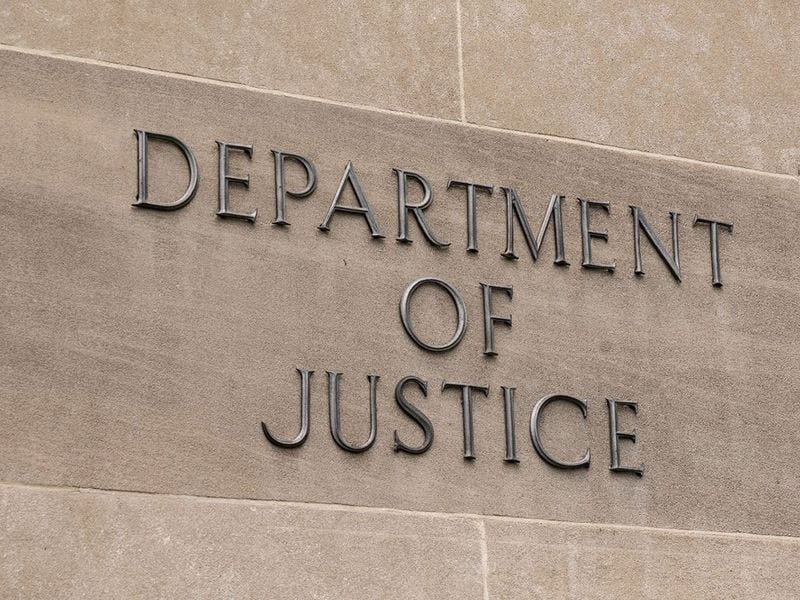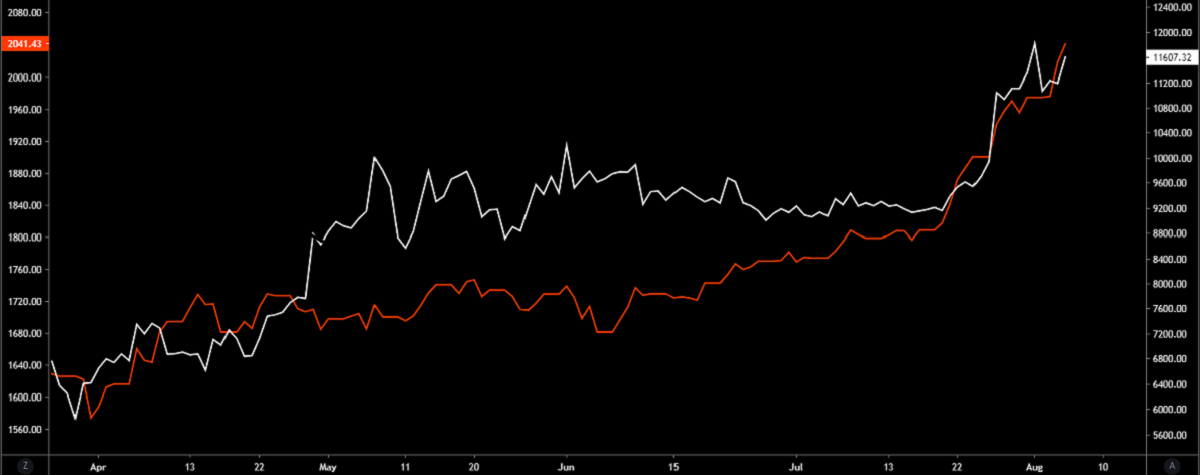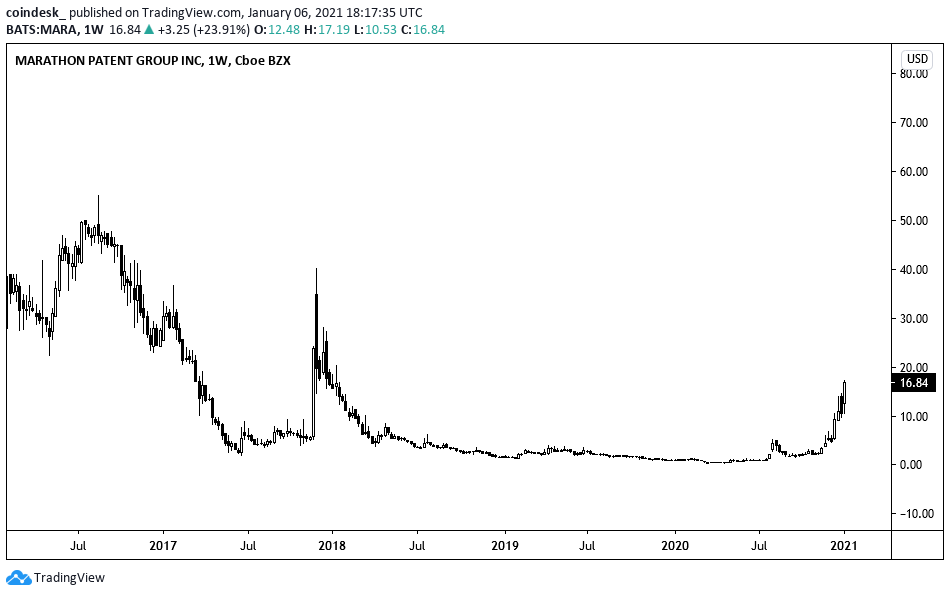Taiwan Crypto Regulation Gets Going With First Reading of Digital Asset Bill
/arc-photo-coindesk/arc2-prod/public/LXF2COBSKBCNHNRE3WTK2BZ7GE.png)
Taiwan took its first steps toward regulating digital assets, introducing a crypto bill to the Legislative Yuan for its first reading.
The Virtual Asset Management Ordinance Draft bill seeks to define virtual assets, set operational standards for asset operators, ensure customer protection and mandate membership in industry associations and regulatory permissions.
The country has so far taken a fairly hands-off and laissez-faire approach to the sector, regulating it only under existing know-your-customer and anti-money laundering laws. The regulatory process accelerated after the collapse of crypto exchange FTX last November because of the platform’s popularity among Taiwanese due to its favorable U.S. dollar interest rates compared to local banks.
Unlike crypto rules in neighboring Hong Kong, the bill doesn’t take a strong position on derivatives or stablecoins. It does, however, acknowledge that derivatives linked to virtual assets have unique characteristics (perpetual contracts are mentioned specifically) that may not fully align with traditional financial regulations, opening the door to crypto derivative-specific regulation in a later draft.
It also doesn’t restrict trading of virtual assets to professional investors.
And unlike Japan, which specifically requires the use of custodians for locally licensed exchanges, the draft bill only requires the separation of customer assets from business funds. It doesn’t explicitly mandate the use of third-party custodians.
The bill requires operators of exchanges to commission periodic reports from accountants about their operations and the assets they manage. It also requires them to allow regulators such as the Financial Supervisory Commission (FSC) to inspect their internal control and audit systems on a regular basis.
While this draft of the bill doesn’t mention Proof of Reserves specifically, it does say the regulator will set standards for asset ratios after consulting with the industry and expects licensed exchanges to adhere to them.
Stakeholders from Taiwan’s crypto industry have previously said they welcome formal regulatory oversight.
“Our next steps would be for the virtual asset service provider industry to collaborate with the FSC to define regulatory operations,” Wayne Huang, co-founder and CEO of Taipei-based fintech XREX, previously told CoinDesk.
A second reading of the bill isn’t yet scheduled, and the FSC is expected to add its submissions to the draft before then.
Edited by Sheldon Reback.









